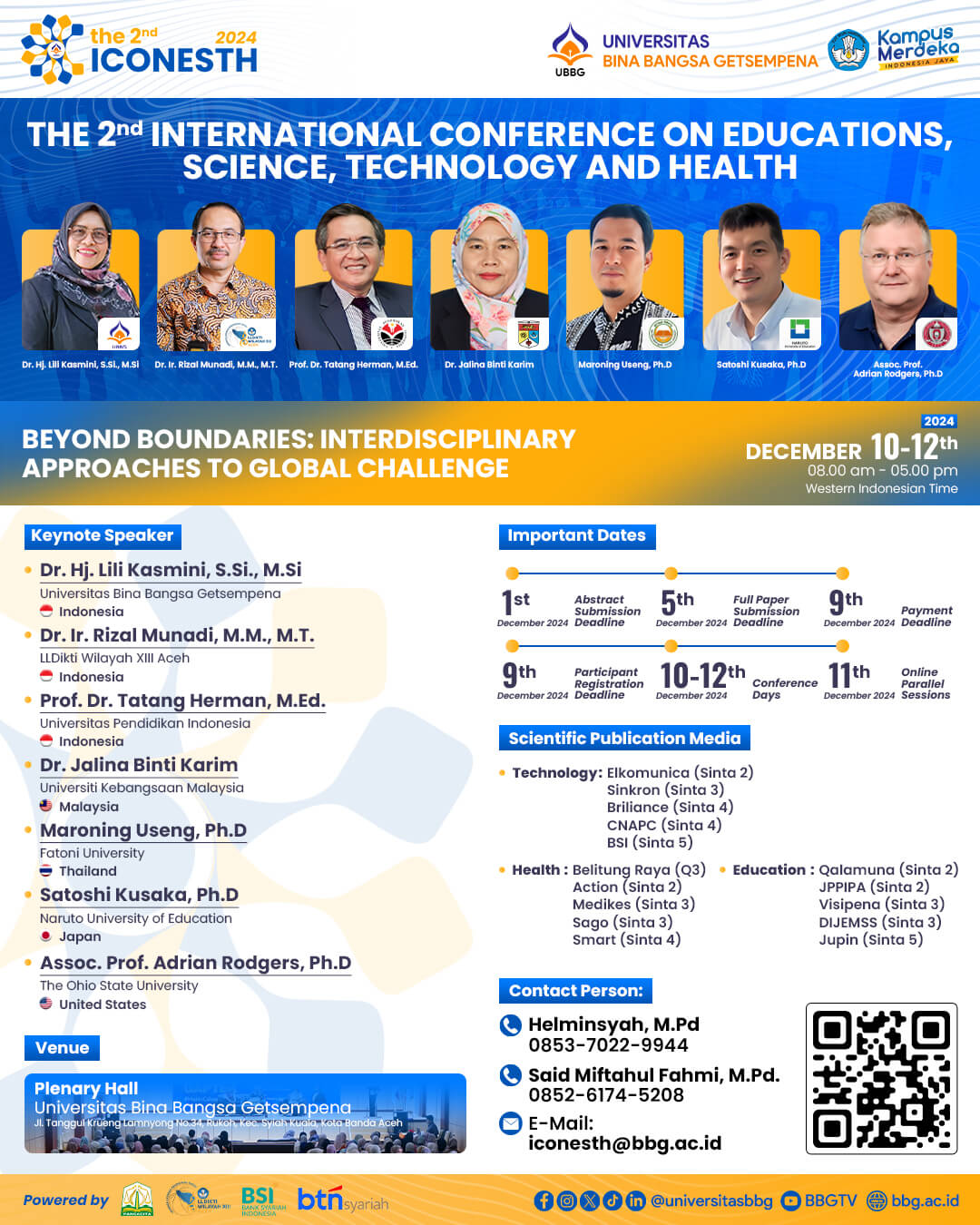Analysis of Implementing the Indonesia Independent Curriculum in Elementary school : Focus on Fraction
Abstract
The Independent Curriculum is a learning framework designed to provide teachers with the flexibility to design the teaching and learning process based on students' needs, interests, and potential. The independent curriculum is an independent program that emphasizes context-based learning, character building through the Pancasila Student Profile, and a differentiation approach that allows students to learn at a pace and method that suits their abilities. Through an adaptive and flexible approach, the Independent Curriculum aims to create a more relevant, meaningful, and contextual learning experience for students. Fractions are one of the important materials in basic mathematics because they provide a foundation for understanding more complex concepts such as decimals, percentages, and algebra. In the independent curriculum, this separate material aims to improve conceptual understanding, critical thinking skills, and application skills through a context-based approach and strengthen the Pancasila student profile. This article analyzes the implementation of the Independent program in distributed learning in elementary schools, including planning, implementing, and assessing learning. The results of the analysis show that the independent curriculum provides teachers with the flexibility to develop innovative learning strategies, such as Real-World Mathematics (RME) and project-based learning, so that students can connect fractions to everyday situations. However, the challenge is the lack of teacher understanding of the new approach and limited learning resources are still obstacles in its implementation. This article recommends teacher training and the development of contextual learning materials to support the successful implementation of the Merdeka Curriculum in fraction learning.









